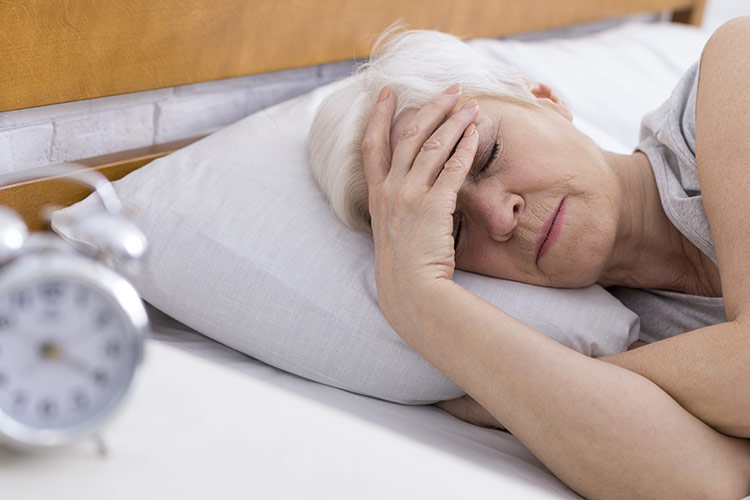Sleep Apnea
Sleep apnea is a medical condition where breathing stops for short periods of time during sleep. Apneic episodes are the periods of time where the person's breathing stops. Sleep apnea is often associated with snoring, which is caused by narrow airway space.
There are three types of sleep apnea:
- Obstructive sleep apnea is the most common form of sleep apnea, in which the airway becomes blocked.
- Central sleep apnea is a type of sleep apnea, the apneic episodes are caused by the brain not signalling the body to breathe.
- Mixed sleep apnea is a combination of central and obstructive sleep apnea.
Sleep apnea can have health effects if left untreated, because apneic episodes cause decreased oxygen supply to parts of the body including the brain, which is why it has health effects. These effects can include hypertension, heart disease, diabetes, and stroke. Symptoms of sleep apnea can include headaches, drowsiness, and forgetfulness as well as worsening depression, decreased productivity, hyperactivity in children, and leg swelling.

Risk Factors
There are a number of risk factors for sleep apnea:
- Being male,
- Overweight,
- Smoking,
- Drinking alcohol,
- Having a family history of sleep apnea,
- Being over the age of forty.
There are also certain physiological risk factors, such as:
- Having a large size neck,
- Large tonsils,
- A small jawbone,
- A large tongue, or
- A nasal obstruction.
Treatment
There are a number of treatment options for sleep apnea, including lifestyle changes like weight loss and quitting smoking, as well as dental devices, a CPAP (continuous positive airway pressure) machine, surgery, medication, and implants. If you are concerned about this condition, you should contact your doctor to consider which treatment option would be best for you.
Living with
If using a mouthpiece to treat sleep apnea, you should schedule regular follow up appointments with your dental specialist. This is to maintain and adjust the device, as well as replacing the mouthpiece as often as necessary.
If using a breathing device, your insurance company may want to check the data card from the machine, and your doctor may want regular follow up appointments to check on your condition. Often breathing devices require maintenance, like cleaning and refilling subscriptions. Depending on your doctor, you may want to have repeat sleep studies to monitor your response to the treatment.
Because sleep apnea can cause drowsiness during the day, you may want to take precautions in case of drowsiness while driving or operating equipment.
